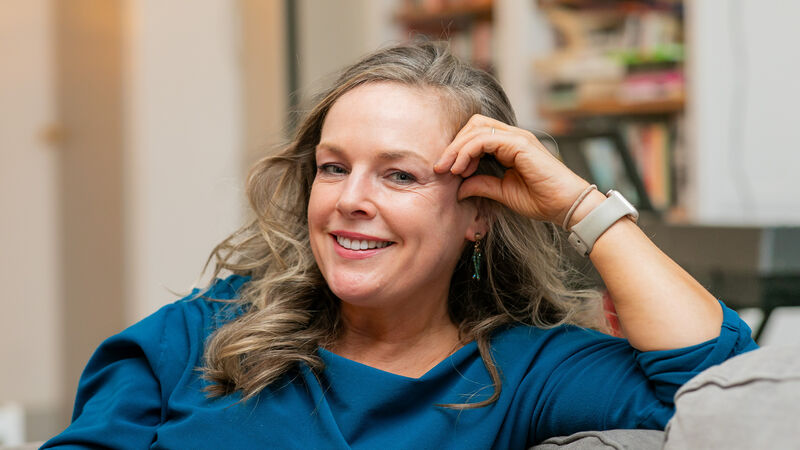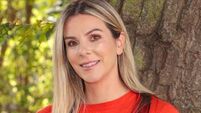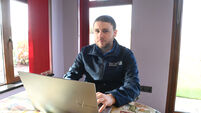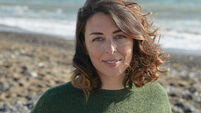Julia Kelly: A two-week stay at Annaghmakerrig led to becoming a writer and mother

Author Julia Kelly at her home in Dun Laoghaire, Dublin. Picture: Gareth Chaney.
Going to the Tyrone Guthrie Centre, Annaghmakerrig, in my 30s was completely transformative for me.
I’d been living in London for eight years having mistakenly decided on a career as a desk editor. I was singularly untalented at that — I left several publishing jobs before I could get fired. I wanted to write about my own observations of life — since the age of 14 I knew I wanted to be a writer.










